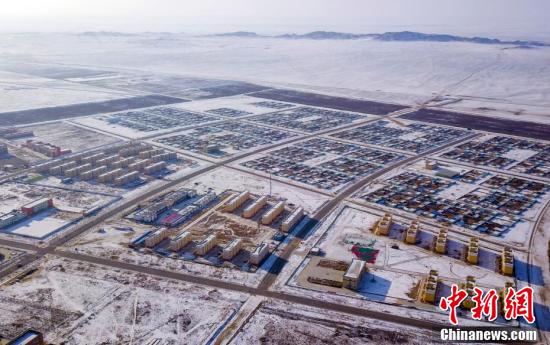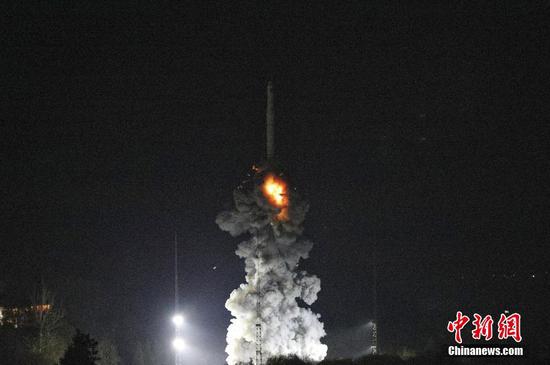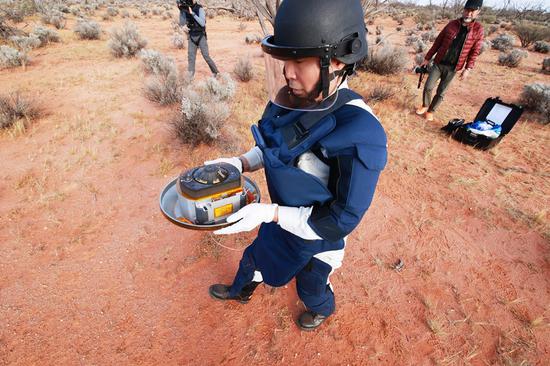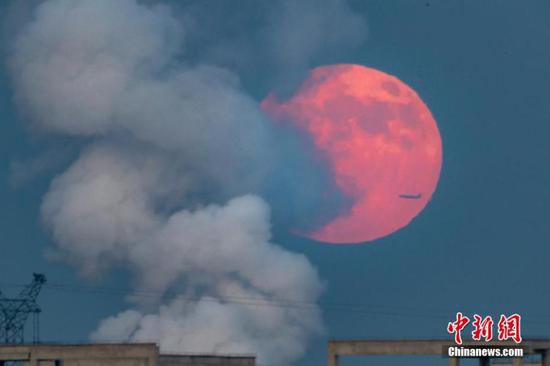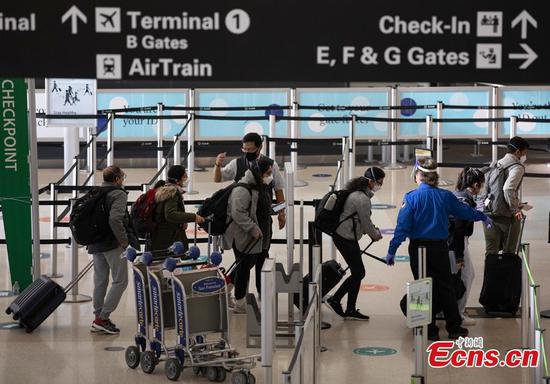The United Kingdom hailed "V-Day" when it became the first Western country to roll out the Pfizer-BioNTech COVID-19 vaccine.
Yet, as first mover, it has also become the first to report cases of adverse reactions, allowing other nations to watch and learn.
Officials from around the world are keen for British authorities to give them as much information as possible about the two reported cases of anaphylaxis among thousands of people inoculated since mass vaccination began on Tuesday.
Anaphylaxis is an overreaction of the body's immune system, which health specialists describe as severe and sometimes life-threatening.
While such allergic reactions are rare in any individual vaccine recipient, they are not unusual during large-scale rollouts, scientists, experts and industry figures said.
The reports nonetheless led to Britain's Medicines and Healthcare products Regulatory Agency, or MHRA, beefing up its guidance for the shot leading into Thursday, specifically warning that anyone with a history of anaphylaxis should not take it.
In the United States, regulators and public health officials were determining what advice to issue as the Pfizer and BioNTech won approval from regulators.
William Schaffner, an infectious disease expert at Vanderbilt University Medical Center, said the British regulator was being cautious in its approach to the shot, which uses new genetic mRNA technology.
"They're being very, very careful. These are new vaccines using a new technology. They've gotten a signal here that they need to investigate," he said. "We'll benefit from their investigation."
The MHRA, which earlier this month became the first regulator in the world to approve the vaccine, said it was looking into the reports of anaphylaxis as a matter of priority.
Its updated guidance to health professionals reads: "Any person with a history of anaphylaxis to a vaccine, medicine or food should not receive the Pfizer-BioNTech vaccine."
That fleshed out an earlier change, in response to the reports of adverse reactions, that had more broadly warned against those with a history of a "significant allergic reaction" to a vaccine, medicine or food taking the shot.
A vaccination resources database for doctors in France estimates the number of anaphylaxis events at below 1 per 100,000 doses, although it says it can happen to "any patient with any type of vaccines".
Paul Turner, an expert in allergy and immunology at Imperial College London who has been advising the MHRA, said it was unlikely the adverse reactions were due to food allergies.
They may have been caused by a component of Pfizer's vaccine called polyethylene glycol, or PEG, which helps stabilize the shot and is not in other types of vaccines, he added.
Pfizer and BioNTech said they were supporting the MHRA investigation.
Agencies and Julian Sheain London contributed to this story.













